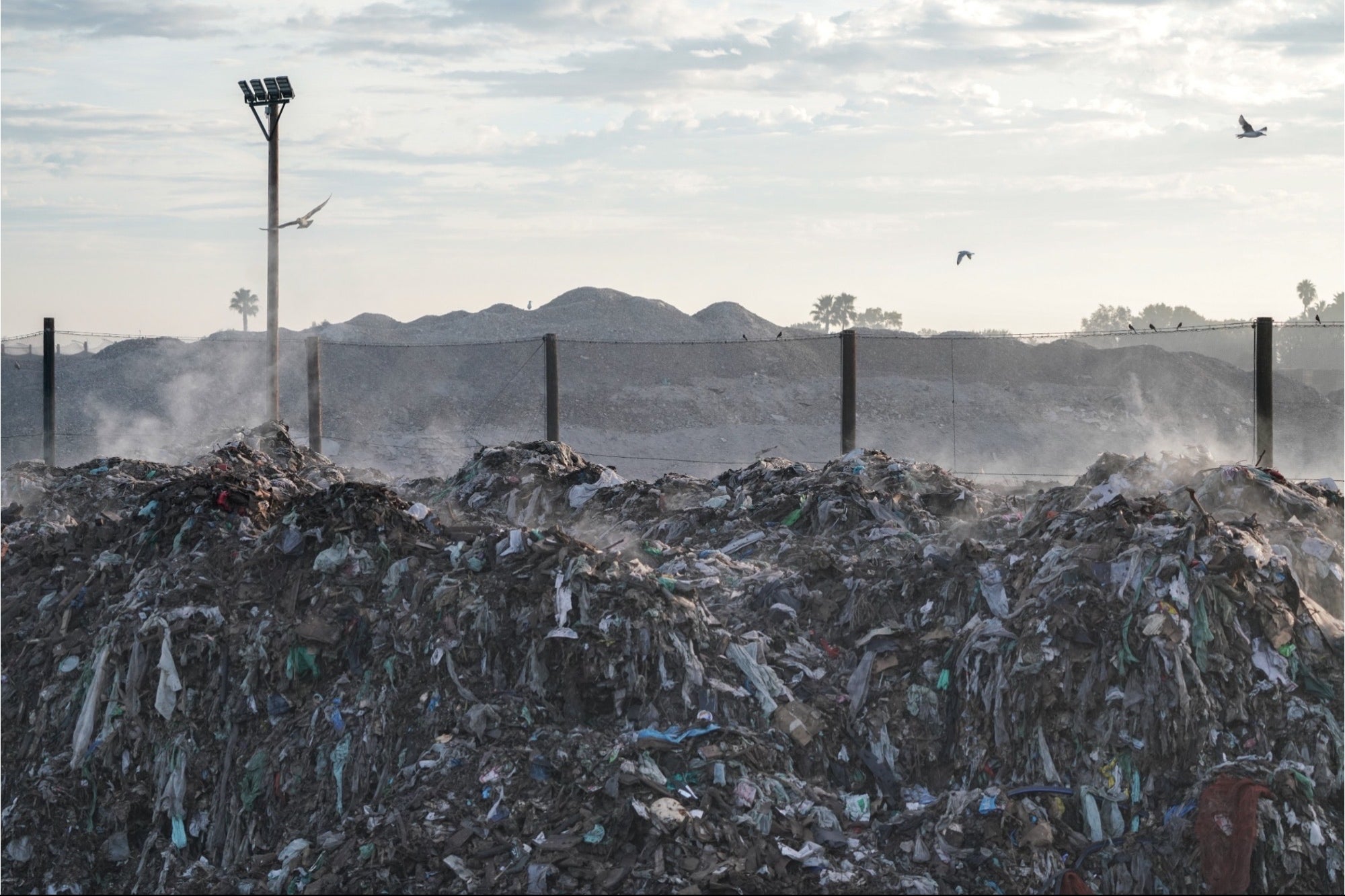Making The Retail Industry Sustainable In 1987, the United Nations Brundtland Commission defined sustainability as "meeting the needs of the present without compromising the ability of future generations to meet their own needs." In the retail industry, a real threat to our environment is the thirst and production for fast fashion.
By Kavya Pillai
Opinions expressed by Entrepreneur contributors are their own.
You're reading Entrepreneur India, an international franchise of Entrepreneur Media.

In 1987, the United Nations Brundtland Commission defined sustainability as "meeting the needs of the present without compromising the ability of future generations to meet their own needs." Today, there are almost 140 developing countries in the world seeking ways of meeting their development needs, but with the increasing threat of climate change, concrete efforts must be made to ensure development today does not negatively affect future generations.
Naresh Tyagi the Chief Sustainability Officer for Aditya Birla Fashion & Retail Limited, at the Sankalp Global Summit held in Mumbai shared his thoughts on the hype created by brands about sustainability. "I think if we have forgotten that sustainability is a fundamental thing, it is the ability to sustain and it is not a new word, it's now a buzzword, but sustainability is more than 100 years old. It is a Latin word, to maintain or retain something which is good for the present as well as the future. So as an individual or as a society, community, corporate, regulatory, you act in a manner which is good for the present as well as the future," he said. Given that there is a buzz around brands being sustainable, the impact on the industries altering their processes is a step in the right direction.
However, in the retail industry, a real threat to our environment is the thirst and production for fast fashion. Tyagi shared, "I think that that terminology what you call fast fashion is wrong. Fashion is always fashion. How you make fashion more responsible is something which is very, important. Earlier fashion had a season cycle where you have two seasons, winter and summer. Then it became four seasons: autumn, winter, summer, and spring. Then people wanted fashion to be more frequent and the same cycle was broken into a monthly season. That is fast fashion; the concept of make, use and throw." He further shared that it "is very irresponsible. And because you have natural resources which are limited is not infinite and if you use them judicially it is sustainable for not just your generation but for the next generation." He added that the balance of the supply chain is what needs to be prioritised.
At present Tyagi said "It is not a question of survival, it is the ability to sustain in the short and long term. And when sustainable development happens where it is creating a positive impact on all stakeholders, there is real sustainability." To do so he suggested we simplify terms and work. He shared an example saying, "When we started our journey, we set a simple vision. Our program is called Rearth, Rearth for our tomorrow. And our vision was that we wanted to give back more of what we take from the ecosystem and that is the philosophy that we want to create a positive impact, not only on the environment and society but all the stakeholders. I think that vision and philosophy are very useful. Every organization should follow the same with the right intent."
With ample studies on sustainability, recycling and the right tools to benefit and save our environment, today's consumer has an attitude where they won't settle for less. "So I think because this consumer, what we call Gen Z, is basically the current consumer who is buying the product and they like to try various fashionable garments. But one thing is that they want fashion to be more responsible and they want the brand philosophy to be ethical whether it is ethical design, ethical manufacturing, procurement and selling of it and not waste any resource in that entire supply chain or textile value chain. They know where a product is made, and how it is made and if it does not match their expectation, they are going to challenge that brand. Second, as resources are limited they are looking for that resource to be used in a conscious manner," he concluded.













